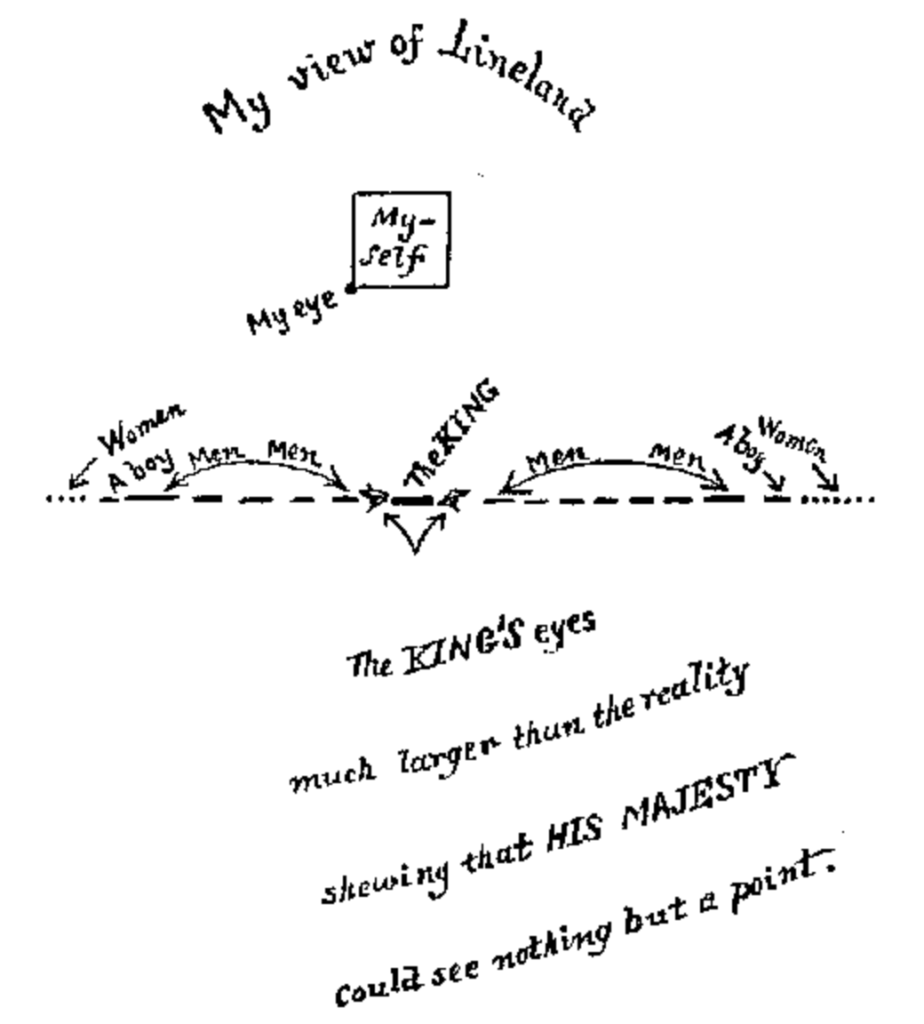Good morning.
Monday in Whitewater will be partly sunny with a high of 60. Sunrise is 6:47 AM and sunset 6:44 PM for 11h 56m 31s of daytime. The moon is a waxing crescent with 0.6% of its visible disk illuminated.
Whitewater’s Urban Forestry Commission meets at 4:30 PM, and the Whitewater Unified School District’s board goes into closed session shortly after 6 PM, and reconvenes in open session at 7 PM.
On this day in 1789, George Washington appoints Thomas Jefferson the first United States Secretary of State.
One of the positive changes in Whitewater, however slow it has been, is the dawning understanding that there is a difference between a business, businesses, and markets (of buyers and sellers). Old Whitewater’s outlook, with its emphasis on the few, viewing the world from behind a metaphorical perimeter fence, has over these last fifteen years faded considerably and fortunately. It was never true — never — that Whitewater’s economy was the product of one landlord’s or one banker’s ambition.
Whitewater’s economy was always, and always will be, the sum of all interactions between all residents as buyers and sellers. Thousands of people, with many interactions and transactions each day, and every day.
A simple ordering of economic significance, from smallest to greatest: a business, businesses, then markets of buyers and sellers.
Early on, when I began writing in 2007, some readers asked me why I did not pay as much attention as they’d prefer to the machinations of these few landlords and bankers. It’s true, then and even now, that I’ve paid less attention to them than some in the community would like, but then the slight attention I’ve paid is all they’ve ever deserved.
Old Whitewater, or at least a few in it, desperately sought the role of Mr. Whitewater, King of the Hill, the Smartest Person in Town, Grand Poobah, whatever. These types never existed except in the imagination of those same few.
And look, and look — there have been these same vainglorious types in every crude and simple society before us.
Even primitive societies, long before the Renaissance and Enlightenment, had men like this, while their communities were unproductive year over year, with most people in poverty and misery. The average person among the Ancients lived in filth, poverty, and disease while only a few prospered. Slave states and feudal states, for thousands of years, each had a few successful businessmen but no general prosperity (yet much general suffering and injustice).
It’s not a mere business, but free interactions between people of all types, that makes a society productive (and so prosperous for more than a few). In a society of dynamic and free markets, between buyers and sellers of all kinds, a few mediocre, stodgy, and self-important business types merit little regard.
And yet, and yet — the last to see this economic truth are those who have advanced themselves without concern to others. They shove forward with their special-interest pleading at very public opportunity. When they see an advantage in their expansion, they provisionally argue for fewer regulations; when they seek to stymie competition, they argue for more regulations to stop competitors. They see local government as a tool for their own gain. Indeed, sometimes it’s as though they seem themselves as the world.
They remind most of one of the characters from Edwin Abbott’s Flatland. In Flatland (A Romance of Many Dimensions), Abbott describes the creatures of a world that live on a plane, a two-dimensional world. They have right and left, back and forth, but not (as we do) up and down. The inhabitants vary in insight and awareness based on the number of sides that they have, so that squares exceed triangles, and pentagons exceed squares, in this regard.
As it turns out, the narrator, a square, has a vision of a one-dimensional world, called Lineland, that exists only on a single line, with back and forth the only directions of travel. This is a vision of an even more confined place. The narrator describes how the leader of Lineland imagines himself:
replied the small Line: “I am the Monarch of the world. But thou, whence intrudest thou into my realm of Lineland?” Receiving this abrupt reply, I begged pardon if I had in any way startled or molested his Royal Highness; and describing myself as a stranger I besought the King to give me some account of his dominions. But I had the greatest possible difficulty in obtaining any information on points that really interested me; for the Monarch could not refrain from constantly assuming that whatever was familiar to him must also be known to me and that I was simulating ignorance in jest. However, by preserving questions I elicited the following facts: It seemed that this poor ignorant Monarch—as he called himself—was persuaded that the Straight Line which he called his Kingdom, and in which he passed his existence, constituted the whole of the world, and indeed the whole of Space. Not being able either to move or to see, save in his Straight Line, he had no conception of anything out of it.

To imagine oneself a king on a line is to be no monarch at all, but instead only a captive of one’s narrow imagination.
Whitewater is more than a one-dimensional line, and more than a two-dimensional plane. It is, instead, a sphere in which many people of equal moral foundation interact each day as equals.
Not merely a sphere by the way, but a beautiful and luminous one, made so by the many.

